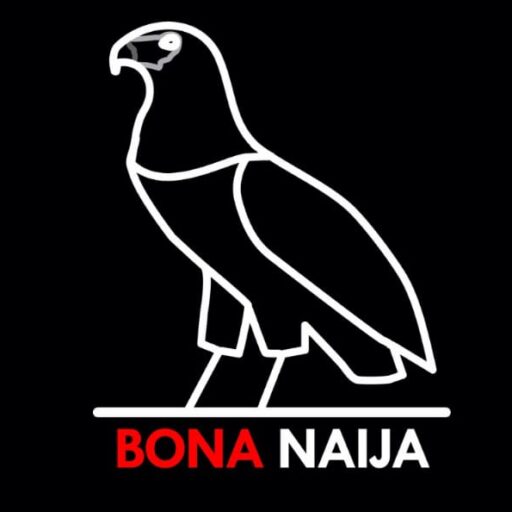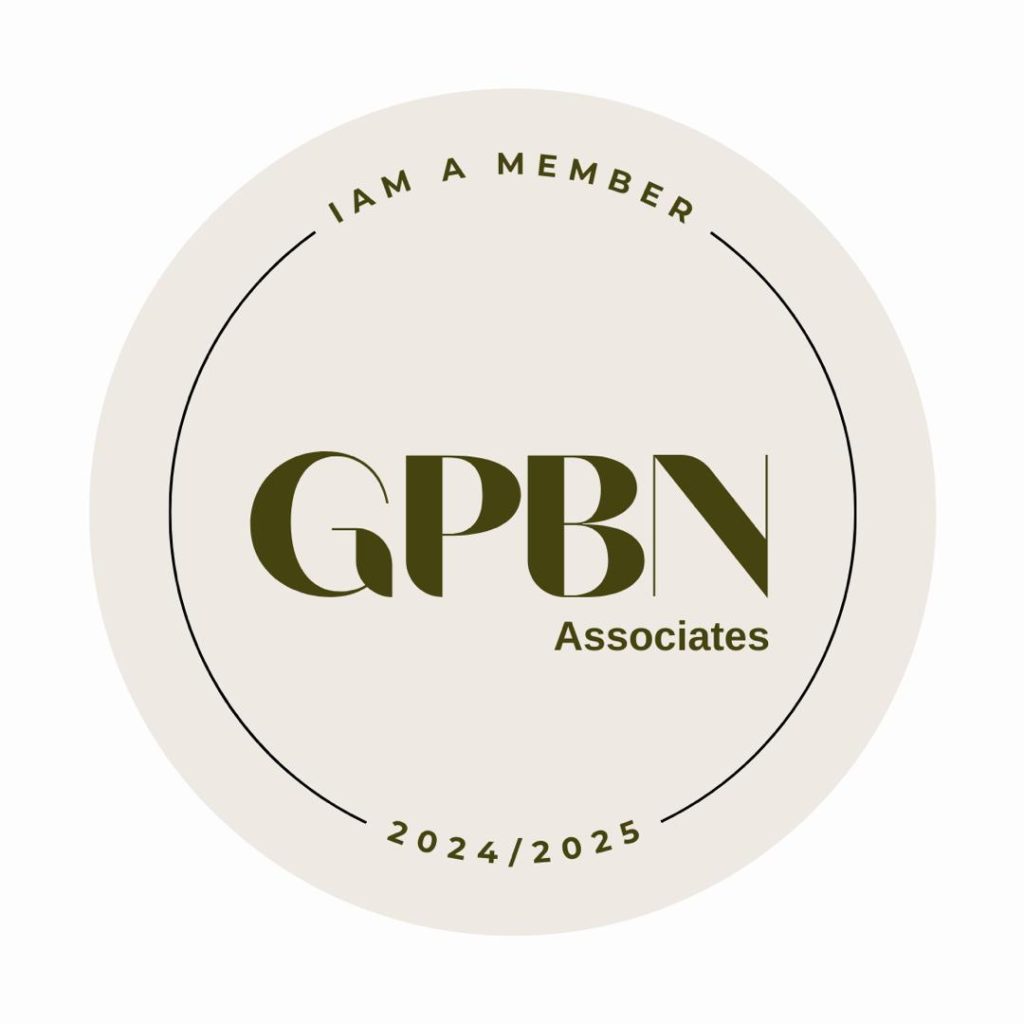
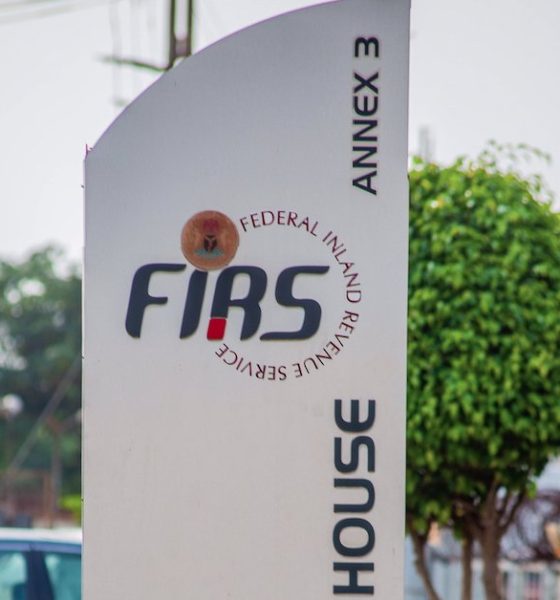
Feature
Tax Harmonization and Prospects for the Nigerian Economy
By Kelechi Okoronkwo
To harmonize means to produce a pleasing combination; the way it happens in music production. Different sounds and notes are blended to produce harmony; and that is when a musical piece is pleasing. For taxation to be pleasing, there is need to harmonise the tax system. The above analogy was the opening note of Mrs. Ifueko Omoigui Okauru, a former Executive Chairman of the Federal Inland Revenue Service (FIRS) as she moderated a panel discussion on the theme, Tax Harmonisation for Enhanced Revenue Generation during the second National Tax Dialogue at the Presidential Villa, Abuja recently.
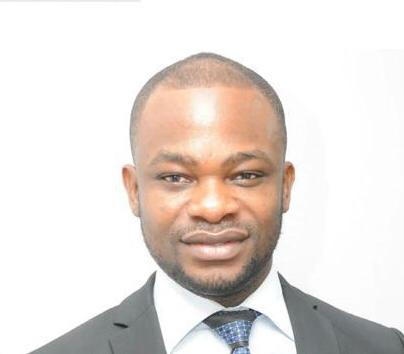
The panel discussion threw the reality on our faces—despite the level of one’s optimism, the fact remains that taxation in Nigeria is not pleasing, currently. A single country which has 774 Local Government tax committees, 38 tax authorities and multiple tax laws is far from having a pleasing tax system. The good news is that the Second National Tax Dialogue, hosted by the Federal Inland Revenue Service, began leading on a national scale, discussions with critical stakeholders at various levels to ensure that soon, Nigeria’s tax system would be properly harmonised and ultimately become pleasing.
The FIRS used the huge platform provided by the tax dialogue held on March 29, 2022 to draw attention to the need for tax harmonisation in Nigeria. It is also gratifying to note that key stakeholders at the event were in tune with the reality and pointed the way forward for tax harmonization in Nigeria.
President Muhammadu Buhari, who declared the dialogue open noted that Nigeria’s current tax system is characterised by fragmented administration, and multiple (and sometimes, overlapping) taxes, saying that most tax-efficient nations, tax administrative processes and practices are harmonised within a single system. He stated that one key deliverable of this year’s tax dialogue is to promote synergy in tax administration among the different tiers of government.
Hear him: “Harmonising taxpayer identification across the country is a good start; but we must do more to promote ease of doing business (including ease of tax compliance) in Nigeria. On our part, we have started by clarifying in the 2021 Finance Act that FIRS is the sole authority to administer tax for the Federal Government. This clarification became necessary in order to avoid taxpayers being burdened with multiple tax compliance obligations towards different agencies of the same government. Multiplicity of tax administration is as undesirable as multiplicity of taxes; it creates uncertainty and instability; and above all, it is inefficient”.
Making reference to the 2021 Revenue Statistics in Africa, a report by the Organisation for Economic Cooperation and Development (OECD), President Buhari noted that the average ratio of Tax-to-GDP of 30 selected African countries in 2019 was 16.6% while Nigeria recorded a mere 6.0%.
“It is obvious that much needs to be done in the area of tax revenue mobilisation. It is my expectation that the discussions at this 2022 National Tax Dialogue will be focused on what we must do to maximise legitimate revenue collection and massively improve the Tax-to-GDP ratio. We all know that good intentions are not enough as they simply cannot pay for infrastructure, security or social amenities. We must therefore improve tax revenue without necessarily raising new taxes. Revenue from commodities, including crude oil, are too volatile and unreliable. Therefore, I pledge government’s support for any viable initiative for improving tax revenue that should emanate from this dialogue”, the President said.
The Minister of Finance, Budget and National Planning noted that for the Federal Government to achieve its tax objectives it needs to rethink the current tax system. “We must rethink the current fragmented tax system and harmonise same. The tax policy, legislation and administrative practices at all levels must function as one indivisible whole. For example, a harmonised taxpayer registration will ensure that no taxpayer can hide from the relevant tax authority. We have observed that countries having lower economy and fewer tax base but streamlined tax administration has fared much better than Nigeria in terms of tax revenue collection; and ratio of tax-to-GDP. The goal for this year’s National Tax Dialogue is, therefore, to kick-start the discussion for the harmonisation of the fragmented tax systems into a coherent whole for improved tax revenue collection for all the governments in the Federation”, she said.
For the Executive Chairman of FIRS, Muhammad Nami, harmonisation of the Nigeria’s tax system is long overdue. He noted that fragmented tax system provided loopholes in the system, causing the country to lose trillions of tax revenue. “This discussion is imperative in view of the fact that despite our 38 tax authorities, several tax laws and numerous taxes or levies, majority of the taxpaying public still remain outside the tax net. The tax-dodgers found it convenient to meander among the competing revenue agencies escaping their tax obligations. The result is suboptimal revenue generation at all tiers of government. It is our expectation that this second edition of the Tax Dialogue will achieve a lot more for tax administration in Nigeria. We thank the President for his continued support towards making taxation the pivot of development and economic growth in Nigeria. We equally thank the Honourable Minister of Finance, Budget and National Planning, Mrs. Zainab Shamsuna Ahmed and her team, the legislators, ministries, departments and agencies of government, who have been of great support to the Service”, Nami said.
Other distinguished speakers at the dialogue who threw weight behind harmonisation of Nigeria’s tax system included the Minister of State, Finance, Budget and National Planning, Prince Clement Agba, the Governor, Central Bank of Nigeria (CBN), Godwin Emefiele and the Ooni of Ife, Oba Adeyeye Enitan Ogunwusi.
Other knowledgeable personalities who led the discussion from the panel were a member of FIRS Board, Mrs. Adetola Aigbangbe, PwC Africa Tax leader and thematic lead, National Economic Summit Group Taxation and Public Finance Policy Commission, Taiwo Oyedele, Commissioner for Finance and Coordinating Economy, Imo State, Dr. (Mrs) Doris Uzoka-Anite, the Executive Chairman, Kaduna State Internal Revenue Service, Dr. Zaid Abubarkar and the FIRS Group Lead, Special Tax Operations Group, Matthew Gbonjubola.
The success of the first National Tax Dialogue in 2021 on the theme, Taxation in a Post-COVID Economy, which highlighted the importance of tax automation in Nigeria, brought about massive improvement in automation in Nigeria’s tax system. The result was evident on the revenue performance of the FIRS in 2021. Testifying to this, Nami said: “2021 was a year that the whole world continued to battle a devastating global pandemic which affected economic growth and disrupted business; yet, the FIRS was able to record an unprecedented feat in tax revenue generation. The Service surpassed its target and collected N6.4 trillion, the highest collection ever in the history of the FIRS. This feat was largely made possible by the cooperation of all stakeholders and use of technology which anchored our operations. Our tax system can do much more provided policies, laws, administrative processes and practices are harmonised to function as one”, he said.
The FIRS boss, recalled that FIRS alone contributed 59.45 percent of revenues shared among the three tiers of government by the Federation Accounts Allocation Committee (FAAC) in March, 2022.
“Permit me to quickly illustrate this with statistics from March 2022 FAAC meeting: Total revenue from all revenue agencies stood at N803.072 billion. Of that amount, tax revenue contributed by FIRS alone stood at N513.522 billion (63.94%); Non-tax revenue (from all other agencies) stood at N289.55 billion (36.06%). Mr. President may note that average tax or FIRS contribution to FAAC in 2021 was 59.45%. Mr President, this trend is set to continue for some time to come. As such, all hands must be on deck to support the tax system and make it function efficiently”, Nami said.
The success of the second National Tax Dialogue signals an era of tax harmonisation in Nigeria; an era with promises of economic prosperity for Nigeria. The FIRS hopes to meet and possibly surpass its N10.1trilion revenue target by the end of 2022.
Kelechi Okoronkwo is a technical staff to the FIRS Executive Chairman.
Feature
Ex-Oyo Governor Ladoja Installed as 44th Olubadan of Ibadan
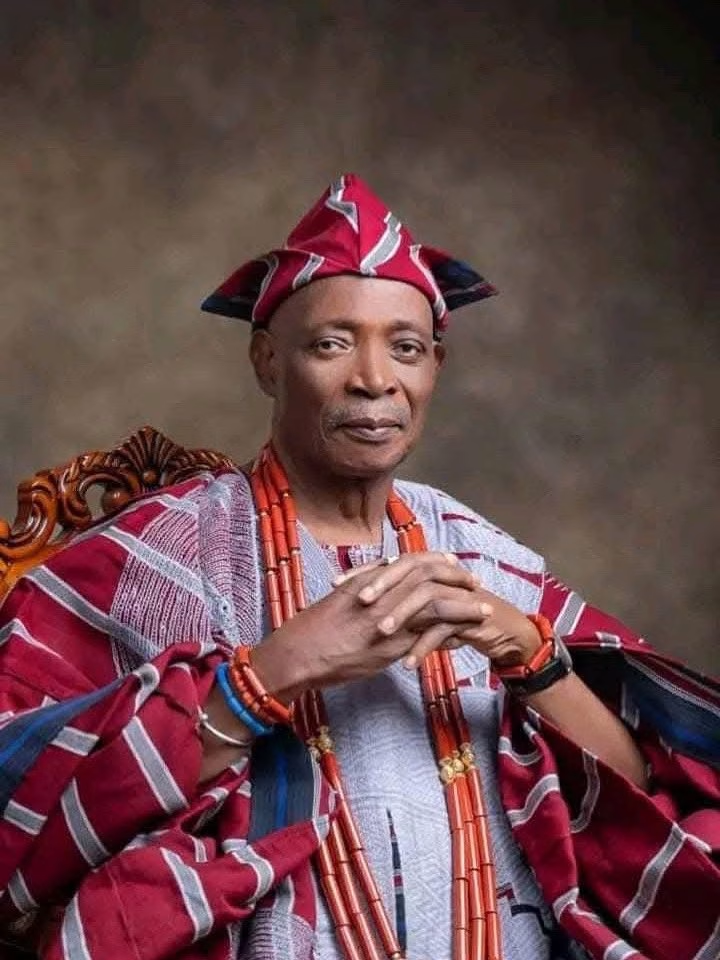
The odyssey of Senator Rashidi Adewolu Ladoja to the ancestral throne of Ibadan is not only historic but profoundly political, laced with trials and triumphs.
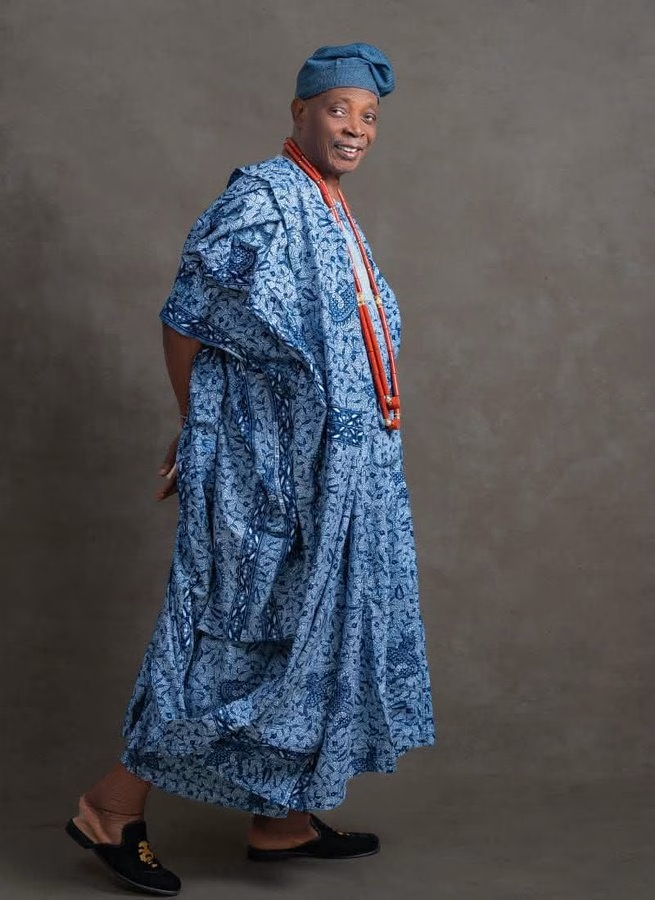
History often unfolds slowly, like a scroll revealing one line at a time. In Ibadan, a city steeped in tradition and resilience, history has once again taken a defining turn.
Oba Rashidi Adewolu Ladoja, former governor of Oyo State, businessman, politician, and activist, is now preparing to ascend the exalted throne as the 44th Olubadan of Ibadanland.
His decades-long journey, filled with trials, victories, and service, tells a compelling story of destiny, courage, and legacy. From political powerhouses to royal lineage, from boardrooms to the battlefields of democracy, Ladoja’s life blends tradition with transformation. His ascension is not only personal fulfilment but also a cultural and historical moment for Ibadanland.
Indeed, his coronation stands as a milestone, a testament to resilience, faith, and destiny fulfilled. On September 26, 2025, Oba Ladoja will be crowned the 44th Olubadan of Ibadanland, closing a circle that began 34 years ago when he became Mogaji of his family compound in Isale-Osi. But this is no ordinary coronation; it is the culmination of a saga defined by ambition, resistance, exile, betrayal, resilience, and ultimately, triumph.
Road to Royalty: From Mogaji to Monarch
It began in 1991 when Rashidi Ladoja became Mogaji (family head) of the Arusa compound in Isale Osi, a deeply rooted quarter in Ibadan South-West Local Government Area. That symbolic beginning marked the first step on Ibadan’s rigorous 36-step chieftaincy ladder, reserved for those destined to wear the revered crown.
The Ibadan succession system is unique among Yoruba kingdoms. Unlike other traditional stools where royal families are narrowed to specific lineages, the Olubadan system is remarkably open and transparent. Two lines of succession, the civil (Otun) and the military (Balogun), run concurrently, and candidates rise step by step until the next in line becomes Olubadan. It is an orderly system that rewards longevity, patience, and service, making the throne one of the most respected in Yorubaland.
On October 1, 1993, Ladoja was installed as Jagun Balogun Olubadan, formally entering the military line of succession. Over the next 31 years, he advanced steadily, surviving political turbulence, personal setbacks, and traditional disputes. Few endure the politically charged and physically demanding journey to the top, but Senator Ladoja did — with grit, patience, and determination.
“I never imagined destiny would call me to the throne at this time. It’s been one of patience, perseverance, and grace,” Oba Ladoja told a gathering at his Bodija residence after his official nomination.
Political Elite Meets Royal Heritage
In a city of warriors and statesmen, Oba Ladoja is the first former governor and senator to become Olubadan.
Trained as a chemical engineer in Belgium, he made his mark in oil, shipping, banking, agriculture, and transport before rising as a political force.
During the short-lived Third Republic, he was elected senator on the platform of the defunct Social Democratic Party (SDP). In 2003, he defeated incumbent Lam Adesina to become Governor of Oyo State on the platform of the Peoples Democratic Party (PDP).
Two years later, he was impeached in what many described as a conspiracy driven by then-President Olusegun Obasanjo and political strongman, Lamidi Adedibu. His reinstatement by the Supreme Court after 11 months in exile was more than a legal victory — it was a political resurrection. It cemented his reputation as “the indomitable warrior”, a man political opponents could not erase or ignore.
That resilience, combined with patient navigation of Ibadan’s chieftaincy system, has now borne fruit.
“It has been a bumpy journey filled with trials, but only made possible by the grace of God,” he told jubilant supporters.
Defiance and Reconciliation
Ladoja’s political career was often defined by principles that put him at odds with powerful figures.
In 2018, when then-Governor Abiola Ajimobi crowned Ibadan High Chiefs as kings, Ladoja stood alone in defiance. He rejected what he called a “carton-paper-made” beaded crown, declaring that the only crown worthy of him was the Olubadan’s. His refusal sparked years of political and legal confrontation.
“Why should I wear a crown not recognised by tradition?” he asked. “The throne is not for the desperate.”
Yet, in August 2024, in a radio interview, he softened his stance, saying unity was more important than pride: “The voice of the people is the voice of God. I am ready to accept the beaded crown if it will bring peace and allow me to serve the people of Ibadan.”
That statement shifted the atmosphere. His colleagues in the Olubadan-in-Council rallied behind him, and he was soon unanimously nominated and approved by Governor Seyi Makinde as the 44th Olubadan.
Unlike his clashes with Ajimobi, Ladoja’s relationship with Governor Makinde has been cordial and strategic. Makinde’s prompt approval of his nomination reflected a convergence of political and traditional power, a necessity in Oyo State where the Olubadan stool carries both cultural influence and political weight.
The Crown and the City
Ibadan is no ordinary city. It is the largest traditional Yoruba urban centre and the historic political capital of the old Western Region. The Olubadan, though largely symbolic, wields influence over millions.
For Oba Ladoja, this reign is not ceremonial. It is an opportunity to redefine the stool, blending cultural authority with political wisdom.
“I pray that my reign shall bring peace, prosperity, and progress to Ibadanland,” he said, calling for unity.
Expectations are high. From Oke Aremo to Abuja, all eyes are on him to redefine the modern monarch’s role not just custodian of rituals, but guardian of peace, diplomacy, and security. He has already urged coordinated efforts to secure Ibadan and Yorubaland amid rising insecurity.
The coronation of Oba Ladoja is more than a local event; it is a national stage. Expected guests include President Bola Tinubu, former Vice President Atiku Abubakar, Senator Rabiu Kwankwaso, former governors, business moguls, activists, and traditional rulers across Yorubaland and beyond.
Their presence underlines the symbolic place of Ibadan in Yoruba and Nigerian politics.
Activism, Sacrifice, and Legacy
Ladoja’s story is not just about royalty; it is about activism and identity. As a NADECO stalwart, he stood against military rule in the 1990s, supporting the pro-democracy struggle after the annulment of the June 12 election.
Chief Adeniyi Akintola (SAN) recalls: “We used his ships for NADECO’s activities after the Senate was dissolved. His businesses were seriously affected — he had a shipping line and the largest palm plantation in West Africa then.”
As governor, he challenged a sitting president. As High Chief, he resisted compromising tradition. As a businessman, he sacrificed fortune for democracy. Now, as Olubadan, he embodies the fusion of political power and cultural authority.
To former Nigerian Ambassador, Dr. Yemi Farounbi, “Ibadan is the intellectual capital of Nigeria. It provided security for the Yoruba in times of war. Peace must return, and the Olubadan must lead it.”
Professor Tunde Adeniran, a former minister, added: “He comes with experience and expansive networks. Expectations are high. We must rally around him.”
For younger Ibadan residents, his ascension represents continuity and hope. “We grew up hearing about his struggles as governor and his fight for justice,” said Akeem Alabi, a postgraduate student at the University of Ibadan. “Now he is our king. We expect him to stand for the people, just as he did in politics.”
The Crown After the Storm
For many, the crowning of Oba Rashidi Ladoja is poetic justice, a fitting epilogue to a life of battles in politics, business, and tradition.
From Mogaji in 1991 to Olubadan in 2025, from impeachment to reinstatement, from defiance to reconciliation, he now wears the crown not as a reward but as a responsibility.
The royal father is no longer just the “cat with nine lives”; he is the king whose destiny has come full circle.
Governor Seyi Makinde has expressed readiness to work seamlessly with Oba Ladoja towards the development of Ibadan city, describing the new monarch as an exemplary leader whose wealth of experience in politics, business, and community service will enrich the Olubadan stool.
Makinde recalled that his own political journey could not be written without Ladoja’s role, stressing that: “Baba remains a father figure whose guidance has shaped many of us. I hold him in high esteem, and I believe Ibadan and Oyo State will benefit from his reign as Olubadan.”
As Ibadan embraces this new chapter, the coronation of Oba Rashidi Adewolu Ladoja stands as both history and prophecy fulfilled a story of destiny, resilience, and triumph, written across the canvas of politics, tradition, and legacy.
CULLED FROM THE GUARDIAN
Feature
𝗜𝗻𝘁𝗹. 𝗗𝗮𝘆 𝗼𝗳 𝗣𝗲𝗮𝗰𝗲: 𝗛𝗼𝗻. 𝗢𝘁𝘂𝗼’𝘀 “𝗡𝗼 𝗗𝗶𝘀𝗰𝗿𝗶𝗺𝗶𝗻𝗮𝘁𝗶𝗼𝗻 𝗣𝗼𝗹𝗶𝗰𝘆” 𝗮 𝗣𝗮𝘁𝗵𝘄𝗮𝘆 𝘁𝗼 𝗣𝗲𝗮𝗰𝗲𝗳𝘂𝗹 𝗔𝗻𝗱𝗼𝗻𝗶
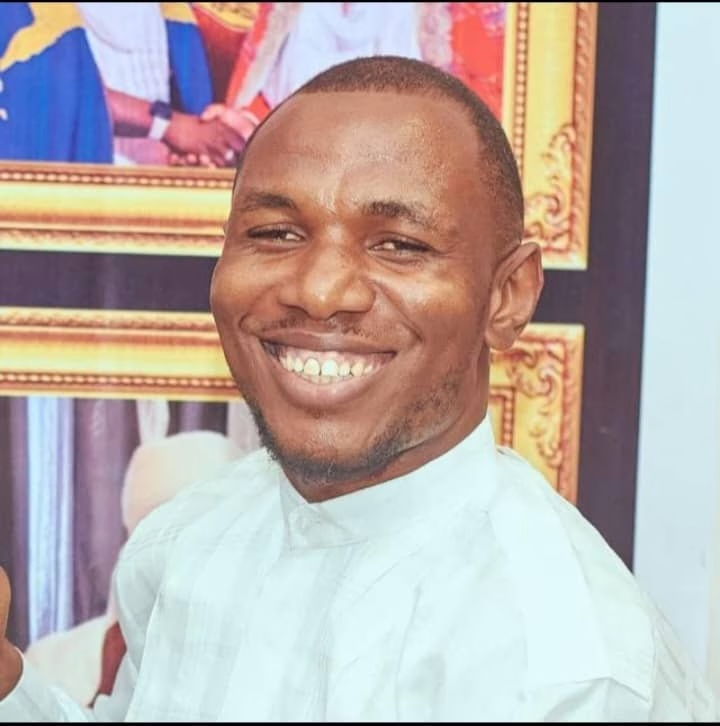
By Ima-owaji G. Shedrack
As the world commemorates the International Day of Peace, attention has once again shifted to the bold and inclusive policies of the Chairman of Andoni Local Government Area, Hon. Promise Lucky Otuo, whose leadership style has been described as a model for peacebuilding and sustainable development.
Since assuming office, Hon. Otuo has consistently emphasized that his government is a “no discrimination government,” a philosophy set to guide his policies and programs across the council.
In a remarkable demonstration of this principle, the Chairman extended empowerment opportunities not only to indigenes but also to non-indigenes residing and trading in Andoni. This inclusive approach, observers say, has deepened trust, fostered unity, and reduced the tensions that often arise from feelings of neglect or inequality.
Mr. Ima-owaji G. Shedrack, a stakeholder in the Renewed Hope family, applauded the initiative, noting that Hon. Otuo has shown that peace is not just about preventing conflict but also a conscious steps in building an environment where fairness and inclusiveness are at the center of governance.
“As Andoni joins the world to mark the International Day of Peace, Hon. Lucky Otuo’s leadership style that is anchored on ‘no discrimination’ is built to offer a clear roadmap, where peace is not only preached but practiced through deliberate policies of fairness and equal opportunity.”
Follow BONA NAIJA for more
Feature
Eid-ul-Mawlid: Uphold Hon. Lucky Otuo in your prayers, Ima-owaji Shedrack Urges non indigenes in ANOLGA

A stakeholder in Andoni Local Government Area of Rivers State, Ima-owaji Shedrack, has called on Muslim faithful in the area to remember the Chairman of Andoni LGA, Hon. Lucky Promise Otuo, in their prayers as they celebrate Eid-ul-Mawlid, the commemoration of the birth of Prophet Muhammad (SAW).
Speaking on Friday during the nationwide celebration, Ima-owaji stressed the importance of continuous prayers for leaders at all levels, describing Hon. Lucky Otuo’s administration as one that transcends sentiments, tribal lines, and religious differences.
“The government of Hon. Lucky Otuo is one beyond discrimination. Both indigenes and non-indigenes are carried along. This is why I urge our Muslim brothers and sisters to use this sacred celebration to pray for him and for the peace, progress, and prosperity of Andoni LGA,” Ima-owaji said.
He further noted that the Eid-ul-Mawlid celebration provides Muslims with another opportunity to renew their commitment to unity and inclusiveness, while also offering prayers for leaders who are steering the affairs of the people with sincerity.
Ima-owaji urged residents of Andoni, regardless of religion or origin, to embrace peace and support the development agenda of Hon. Otuo’s administration, which he said is focused on progress and inclusivity.
Follow BONA NAIJA for more
Feature
What to Know About CBN’s New Geo-Tagging Requirement for POS Terminals
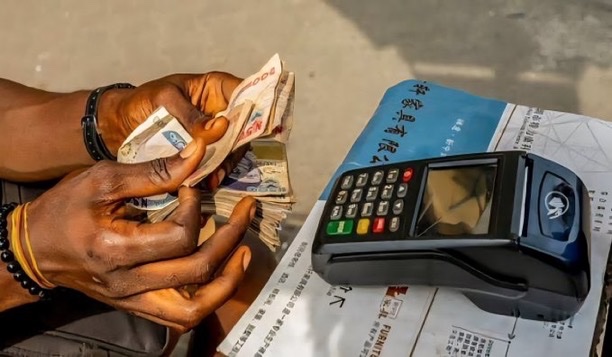
The Central Bank of Nigeria (CBN) has issued a new directive requiring all Point of Sale (POS) terminals to be geo-tagged within the next 60 days, a move designed to curb fraud, enhance oversight, and modernize Nigeria’s digital payment ecosystem.
According to a circular released on August 26, 2025, any terminal not geo-tagged will be deactivated from October 20, 2025.
“This initiative is designed to ensure that all PoS terminals are traceable and that transactions are secure. Terminals operating outside their registered location will be flagged, and non-compliant devices will be deactivated,” the CBN stated.
Here’s a breakdown of what the policy means for operators, agents, merchants, and customers.
What Geo-Tagging Means
Geo-tagging is the process of embedding location data, such as latitude and longitude, into a digital device.
For POS terminals, this means linking each machine to its exact physical address using GPS technology, creating a traceable digital footprint that makes every device verifiable and harder to misuse.
The CBN’s Key Requirements
- Geolocation Features
All POS devices must have GPS and dual-frequency receivers for accurate location tracking. - Real-Time Location Transmission
Terminals must capture and transmit their exact location at the start of every transaction. - Geofencing
Each POS terminal will be restricted to a 10-metre radius around its registered location. Transactions outside this zone will be flagged for investigation. - Registration
Licensed banks and fintechs—such as Moniepoint, OPay, PalmPay, and others—must register each device with exact merchant coordinates through a payment aggregator. - New Devices
No new terminal will be certified or activated without geo-tagging.
Why Geo-Tagging Matters
- Crackdown on Fraudulent Terminals
Geo-tagging eliminates “ghost” or cloned devices and reduces card fraud, unauthorized withdrawals, and misuse of mobile POS machines. It also disrupts ransom collections and terrorism financing through untraceable transactions. - Better Oversight and Transparency
Regulators gain real-time visibility of nationwide transactions, improving fraud detection and aiding financial inclusion strategies by identifying underserved areas. - Boosting Consumer Trust
Customers gain stronger protection knowing every POS is tied to a verified address, building confidence in digital payments.
Impact on Stakeholders
- Banks & Fintechs
Institutions face the challenge of upgrading thousands of terminals and registering them within 60 days, requiring both funding and logistics. - POS Agents & Merchants
Operators must work strictly within 10 metres of their registered business location, potentially disrupting mobile POS services that move around to serve customers. - Customers
Shoppers stand to benefit most, with safer and more transparent transactions in Nigeria’s payment system.
Conclusion
The CBN’s geo-tagging directive is one of the most sweeping reforms in Nigeria’s digital payments landscape. While it presents operational hurdles for banks, fintechs, and agents, it promises stronger security, fraud reduction, and renewed consumer trust in the long run.
Follow BONA NAIJA for more
Feature
Goodluck Nwaneri Pays Condolence Visit To The APC National Chairman
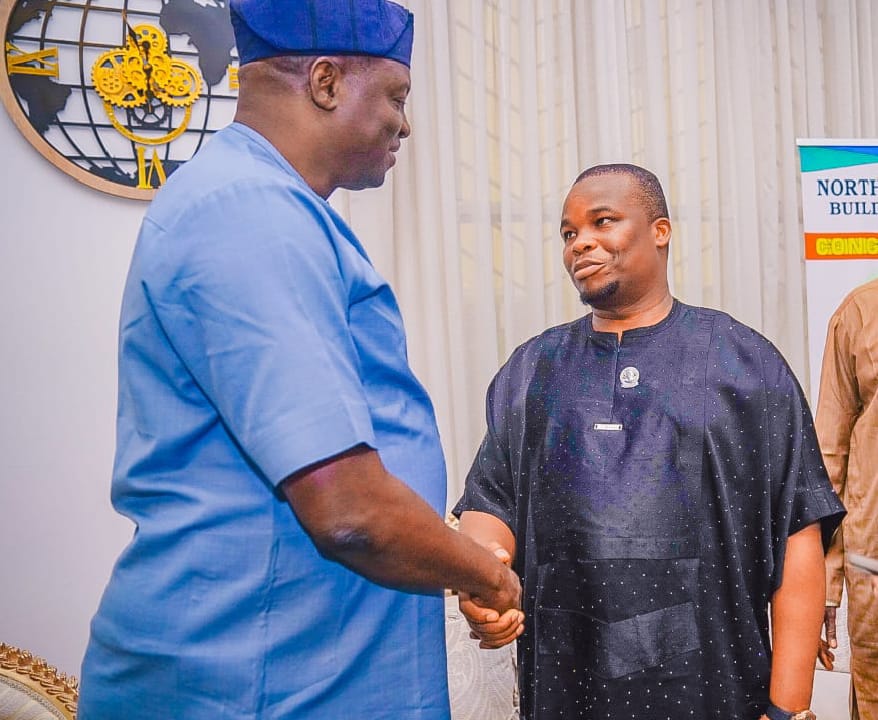
Chief Goodluck Nwaneri, a Director city boy movement, has paid a condolence visit to the APC National Chairman, Prof. Nentawe Yilwatda, at his residence in Abuja, following the passing of his beloved mother, late Mrs. Lydia Toma Yilwatda.
During the visit, Chief Nwaneri expressed his deep sympathy to Prof. Nentawe and the entire Yilwatda family, describing the death of a mother as a painful and irreplaceable loss. He noted that the late Mrs. Lydia Toma Yilwatda lived an exemplary life of faith, humility, and service, evident in the leadership qualities and values instilled in her children.
Chief Nwaneri prayed for the peaceful repose of her soul and asked God to grant the APC National Chairman and his family the strength and fortitude to bear the painful loss. He also encouraged them to find comfort in the enduring legacy their mother left behind.
He further reaffirmed his solidarity with Prof. Nentawe in this moment of grief, while urging the family to remain strong and united in honoring the life and memory of their departed matriarch.
-

 Entertainment1 week ago
Entertainment1 week agoBig Brother Naija Live Update: KOLA, SULTANA Evicted #BBNaija
-

 Music3 weeks ago
Music3 weeks agoOdumodublvck Drops “Industry Machine” Feauturing Wizkid Ahead of 23-Track Album
-

 Entertainment1 week ago
Entertainment1 week agoImisi Crowned Winner of Big Brother Naija Season 10
-

 Biafra3 weeks ago
Biafra3 weeks agoJudgement Day: Tension in Abuja as Court Rules on Nnamdi Kanu’s No-Case Submission Today
-

 Entertainment3 weeks ago
Entertainment3 weeks agoContent Creator Mandy Kiss Announces Guinness World Record Sex Marathon Attempt
-

 Entertainment3 weeks ago
Entertainment3 weeks agoBBNaija Update: Joanna, Kuture Sent Packing as Week 9 Evictions Shock Fans
-

 Music News1 week ago
Music News1 week agoOdumodublvck Set to Drop ‘Industry Machine’ The Album Featuring Davido, Wizkid, Skepta & Stormzy
-

 Music News3 weeks ago
Music News3 weeks agoWizkid’s Made in Lagos becomes top-selling African album in U.S.
-

 Music3 weeks ago
Music3 weeks agoSarz Drops Debut Album Featuring Wizkid, Asake, Skillibeng
-

 Music3 weeks ago
Music3 weeks agoSpyro Releases Debut Album The Men, The Boys & Your Guy


